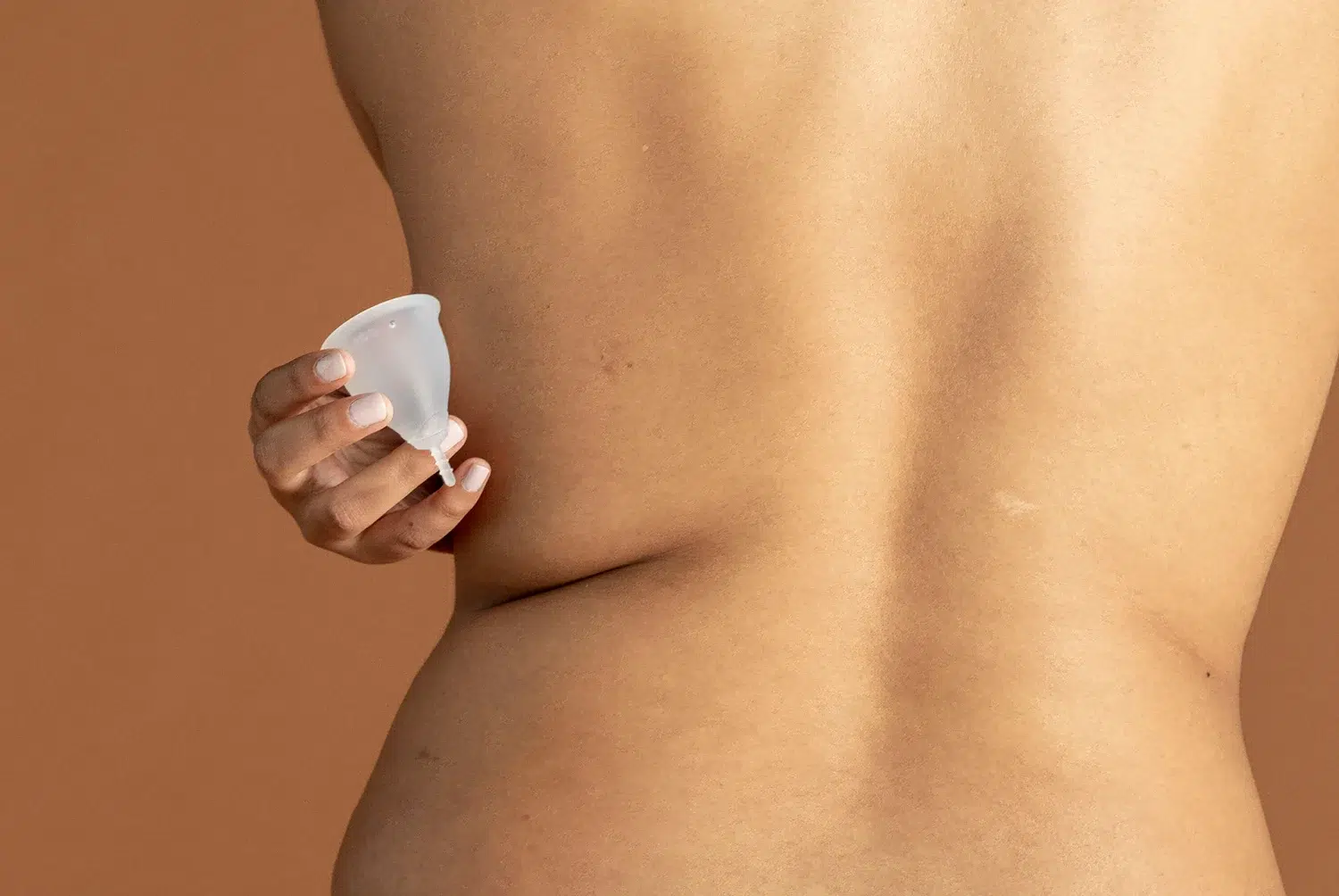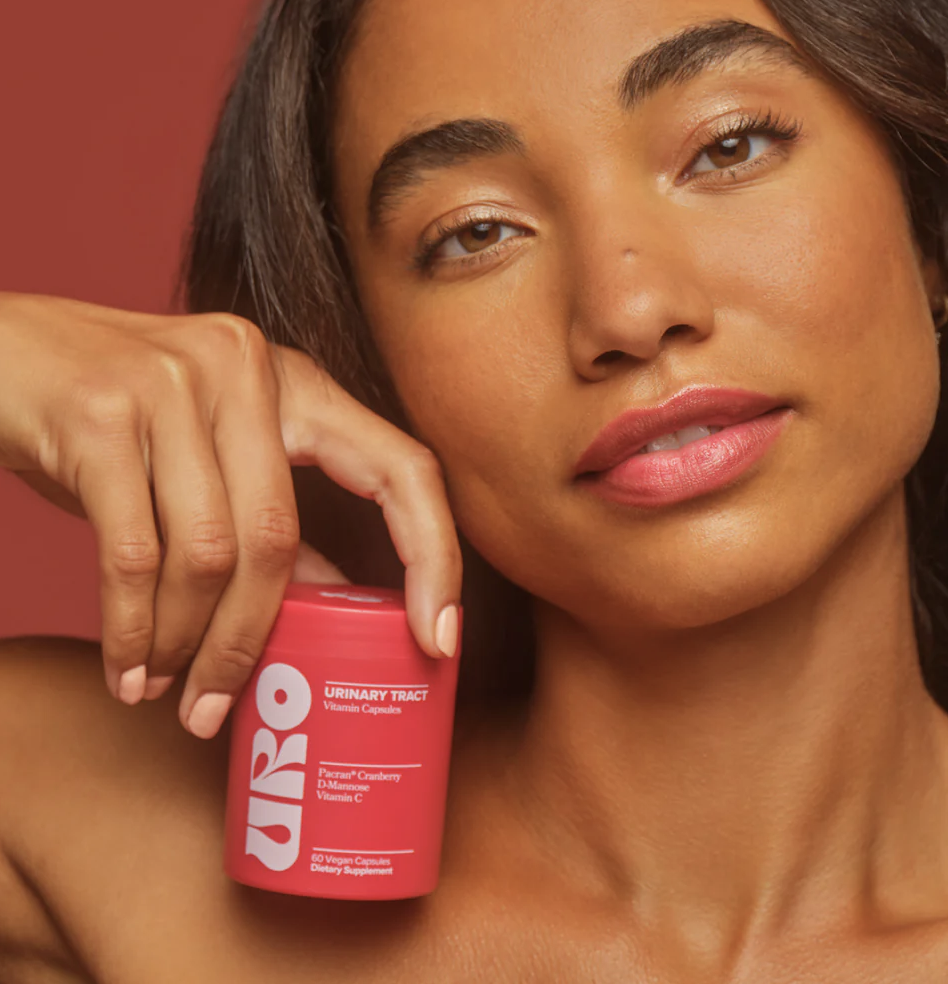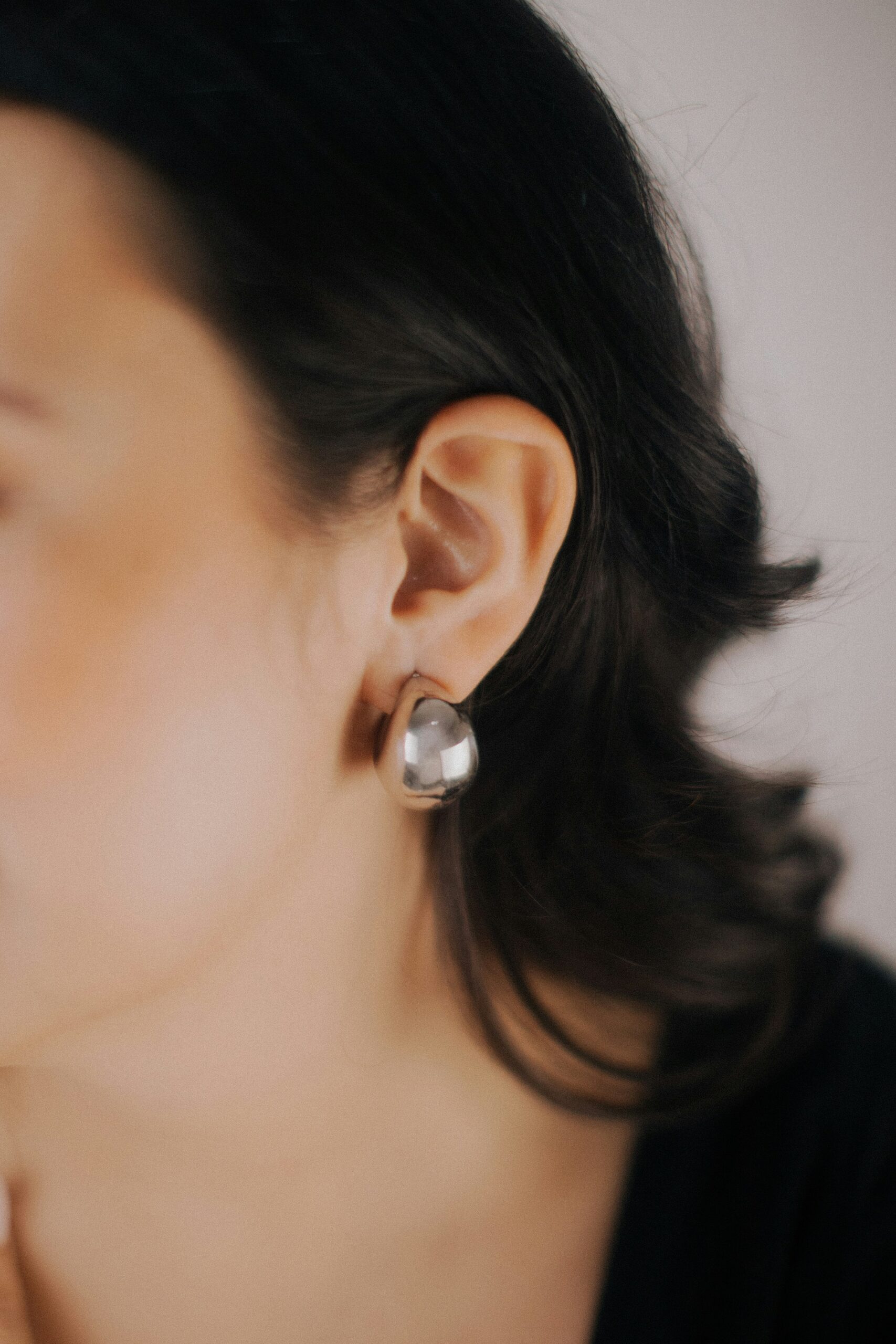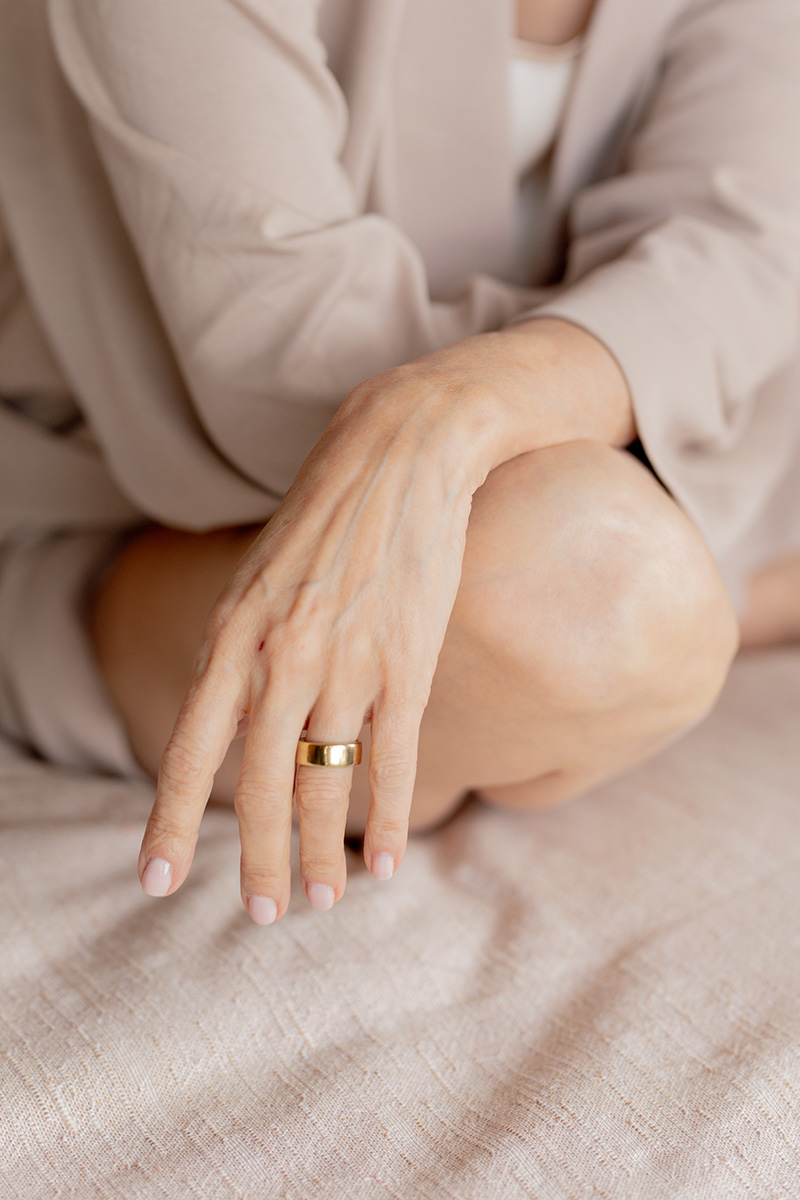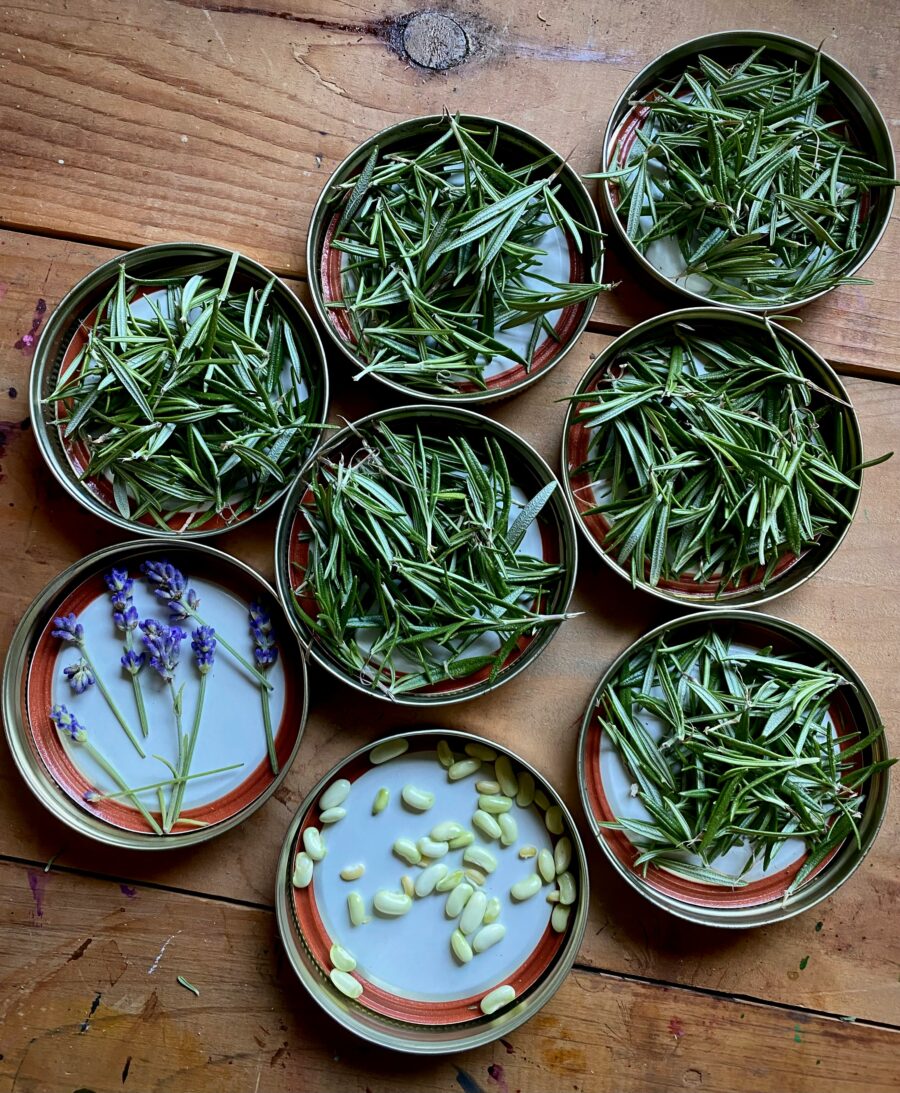
How To Begin Your Herbalism Journey
Last April, I was hit with a rude awakening. Though I live for popular wellness trends and self-care rituals, the same rituals weren’t translating into my actual life. After experiencing a mild case of burnout, I noticed my physical, mental, and emotional health were struggling. While managing the rollercoaster of life and responsibilities, I found that I was neglecting the things I needed to do to take care of myself.
“While managing the rollercoaster of life and responsibilities, I found that I was neglecting the things I needed to do to take care of myself.”
In an effort to become one with myself again, I traveled to the Caribbean — Saint Lucia, to be exact. Since I was young, the Caribbean has always been a place that felt a lot like home. From nature’s jewels, the green open space, beautiful water, and kind people, I knew simply being was what I needed to feel like myself again.
Most days, I spent my morning walking barefoot in the grass and awakening my creativity.
During quiet moments, I sat with myself and reevaluated the decisions I was making for my mind, my body, and my soul. “Were they healthy?” I asked myself. Was I treating my body like the temple I encouraged everyone else to honor in my writing?
“I sat with myself and reevaluated the decisions I was making for my mind, my body, and my soul. ‘Were they healthy?’ I asked myself.”
During an herbal tea activation at a wellness hotel, I met Steve Schwartz, a master blender, founder, and owner of Art of Tea, a tea importer and wholesaler, who told me about his empowering experience with herbal medicine. He spent years studying various methods across the world and gave me a crash course in the art of tea blending, a process I never considered.
I was always an avid tea drinker, but admittedly, being from New York City, I always went for the quick option to match my fast-paced lifestyle. During the tea ritual, I learned the benefits of white tea versus black tea and how to make a blend using plants and herbs like rose petals and lavender.
Beyond the fresh Caribbean air and a customized herbal tea, I realized I was coming home with much more — a logical way to incorporate the same natural remedies I received in Saint Lucia into my daily life.
This is when it hit me: Instead of focusing on so many things at once, I could incorporate this small change into my everyday lifestyle. I could take a look at my pantry to see what I had and slowly incorporate herbs into my meals and teas. I discovered local tea blenders in my neighborhood and continued to play with them until I found combinations I liked.
“This is when it hit me: Instead of focusing on so many things at once, I could incorporate this small change into my everyday lifestyle.”
This, for me, although a small step, put me on the path to being more intentional with what I was putting in my body.
According to Aleya Fraser, ethnobotanist, land steward, and author of “Caribbean Herbalism,” people begin their herbalism journey for a myriad of reasons. Some, for health issues, a sustainable lifestyle, or the desire to incorporate more wellness tools into their days.
For Fraser, her journey began as a desire to heal herself. Growing up in Maryland and then moving to her family’s hometown in Trinidad and Tobago, she always recognized food as healing. She took the time to understand what was growing in her backyard and how it could be used for her benefit.
If you find yourself interested in natural medicine and beginning your herbal journey, consider these tips I’ve learned from my experience and speaking to the experts:
Build a deep connection with plants through methodical interaction
Your herbalism journey is a deeply personal one. It isn’t one size fits all. This is why it’s necessary to build a relationship with herbal medicine.
Fraser says to start slowly because there is a lot to learn. Not all plants and herbs need to be incorporated into your lifestyle at once. Instead, choose one herb to study for a week or an entire month, she says. Consider journaling about your herbal experience. This can help you keep track of the impact of different plants and remedies and your body’s progress.
“Not all plants and herbs need to be incorporated into your lifestyle at once. Instead, choose one herb to study for a week or an entire month.”
“I think that [journaling] helps people really see that the herbs do have an effect,” explained Fraser.
“Usually you’re just busy, you throw a tea bag and you drink it, and you don’t really pay attention to its effects. But, I really encourage people to journal and create a ritual around it.”
Schwartz acknowledges that herbalism isn’t a quick fix plan. In fact, he believes herbs and plants are powerful tools that can ground, heal, and elevate us.
“I spent countless hours in the herbal pharmacy, blending formulas by hand and seeing firsthand how plants could restore balance and vitality,” he said. “That’s where it all clicked for me, the understanding that herbs aren’t just supplements or trends, they’re timeless tools of transformation.”
Find a specialist and research together
Fraser recommends always consulting your doctor when trying herbal medicine. This form of medicine doesn’t cancel out Western medicine — in fact, it often goes hand in hand. Many plants and herbs are helpful in treating physical and mental ailments.
“This form of medicine doesn’t cancel out Western medicine — in fact, it often goes hand in hand.”
For example, anamu, a perennial shrub also often known as gully root, has many medicinal benefits — one of which can lower blood pressure. Fraser recalled how this herb, alongside her father’s medication, aided in creating a balance in his blood pressure levels.
Consider visiting a naturopathic doctor who focuses on holistic approaches to medicine. Or, other specialists who are certified in Chinese medicine rituals, like acupuncture, or oriental medicine.
For me, this looked like slowly incorporating new natural medicines into my lifestyle to aid in my physical and mental health. I talked with a specialist to figure out what would be best to raise my iron and stabilize my hormone levels, a topic continuously brought up during doctor’s appointments.
For research purposes, Schwartz also recommends researching herbs in books like “Healing with Whole Foods” by Paul Pitchford and “Ayurveda: The Science of Self-Healing” by Dr. Vasant Lad. These books can give you foundational information on your journey.
Source your herbs locally
When beginning, you may be tempted to simply buy vitamins or supplements in bulk from online distribution sites or chain stores. However, Fraser offers an alternative method.
“Herbs will work for you when you work for them,” explained Fraser. “When you try to exploit them, or just take it for this thing without getting to know them, it might not work as well.”
“Local farmers’ markets may have vendors who sell ethically sourced herbs, plants, and herbal remedies.”
For those who may not be able to grow their own herbs, another option is to source them locally. Local farmers’ markets may have vendors who sell ethically sourced herbs, plants, and herbal remedies. They are also often very knowledgeable about this area and can answer questions you have.
A simple Google search for local apothecaries and herbal shops can help you find herbs in their purest form. Additionally, the American Herbalist Guild offers a directory for registered herbalists and farmers’ markets in your area.
Experiment with different herbal forms
The beautiful thing about herbs is their diversity! Herbs can be used in various forms depending on your preference and needs. Many herbs can be dried, made into a tea, used in tinctures, or used as a part of recipes.
“Many herbs can be dried, made into a tea, used in tinctures, or used as a part of recipes.”
Beginners should incorporate commonly known herbs like thyme, oregano, and ginger into their pantries. This way, Fraser says you can directly see the benefits when adding it to your food. Tinctures also allow you to soak the herbs in ethanol (ethyl alcohol) in order to extract their benefits.
“I encourage people to experiment with those things, because that’s when I really got into it,” encouraged Fraser. “When I started making these things, seeing their effects, having fun with it.”
Facebook groups and community herbalists offer great recipes for new ways to experience herbs. They can also be found in cookbooks, on social media sites like Pinterest, and through your own process of learning and experimentation. 🌱
The thing about herbalism is that everyone’s journey is personal. I don’t consider myself an expert in the slightest, but I’m starting in a space that works for me. And I can only recommend you do the same! Enjoy the process.
Let me know in the comments what you’re excited to try — or if you have tried and true recipes from herbalism that have worked for you. Let’s learn from each other.
Brianna Robles is a Brooklyn, NY-based lifestyle freelance writer. Her creative writing platform, Writing My Wrongs, encourages people to share their full story. When she’s not writing, you can find her performing at open mics and trying new restaurants.
